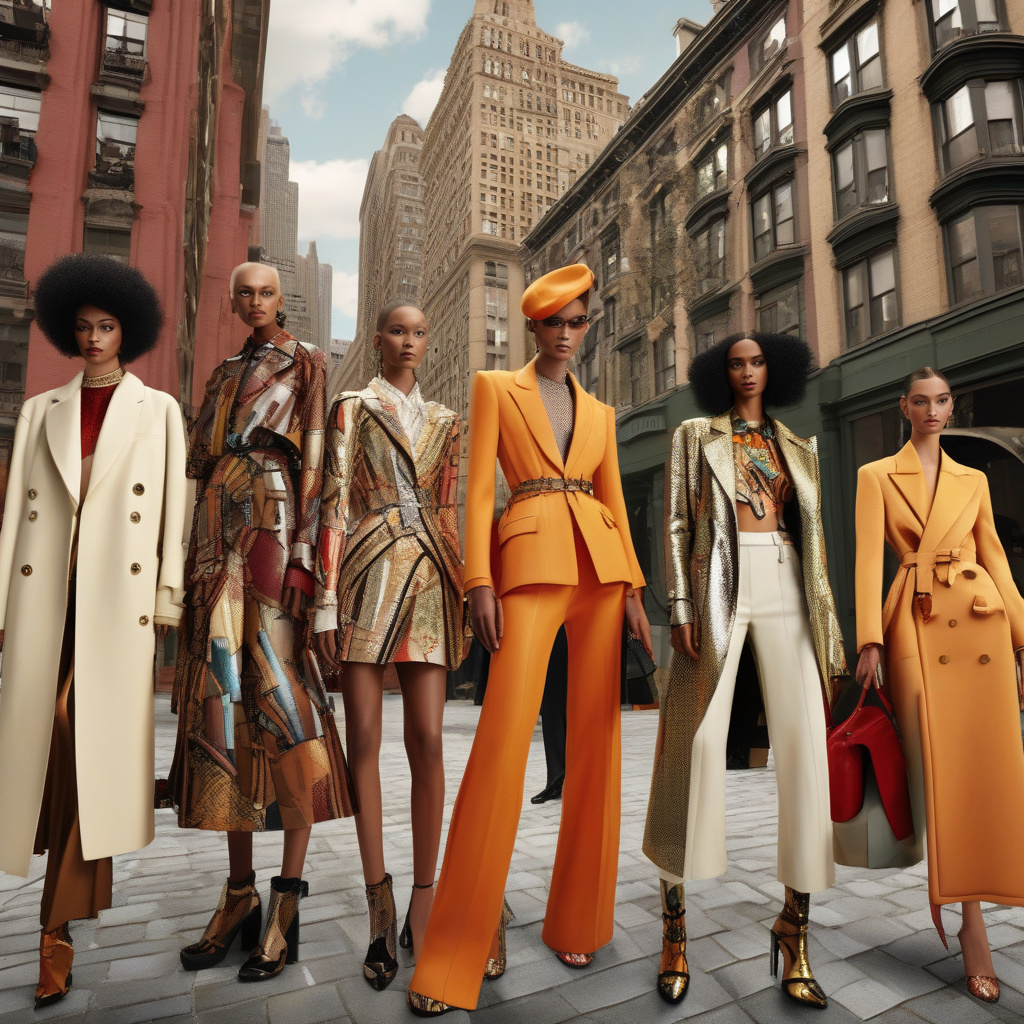The Great Fashion Reset | When Will Luxury Bounce Back?
The fashion industry has been facing unprecedented challenges in recent times, with the global pandemic sending shockwaves through the luxury market. As the world grapples with persistent economic pressures, key markets like China and the US have been significantly impacted, making it increasingly difficult for the industry to bounce back. However, amidst these hurdles, there lies a glimmer of hope as opportunities begin to emerge for those willing to adapt and innovate.
One of the primary reasons why the luxury fashion sector has been struggling to regain its footing is the ongoing economic instability in key markets such as China and the US. Both countries have been experiencing fluctuations in consumer spending habits, with many individuals opting for more essential purchases over luxury items. This shift in consumer behavior has had a profound impact on the fashion industry, leading to a decline in sales and profitability for many luxury brands.
In China, once considered the powerhouse of luxury consumption, the market has taken a hit due to various factors such as changing consumer preferences, a crackdown on conspicuous consumption, and the overall economic slowdown. Similarly, in the US, the pandemic has led to a sharp decline in retail sales, with many luxury retailers being forced to close their doors or shift their focus to e-commerce to stay afloat.
Despite these challenges, the fashion industry is nothing if not resilient. As businesses navigate the complexities of the current landscape, they are presented with unique opportunities to rethink their strategies and realign their priorities. One such opportunity lies in the digital realm, where e-commerce and online platforms have become more vital than ever before.
Luxury brands that have invested in their online presence and digital marketing capabilities have been able to weather the storm more effectively, reaching consumers directly through virtual showrooms, live streams, and social media campaigns. By leveraging technology and data analytics, these brands have gained valuable insights into consumer behavior, allowing them to tailor their offerings to meet changing demands.
Another avenue for growth in the luxury fashion sector lies in sustainability and ethical practices. As consumers become more conscious of the environmental and social impact of their purchases, there is a growing demand for ethically produced, sustainable fashion. Luxury brands that prioritize transparency, traceability, and ethical sourcing stand to gain a competitive edge in the market, appealing to a new generation of consumers who value authenticity and responsibility.
In conclusion, while the road to recovery may be challenging for the luxury fashion industry, it is not insurmountable. By embracing innovation, digital transformation, and sustainability, brands can position themselves for long-term success in a rapidly evolving market. The great fashion reset is an opportunity for reinvention and growth, and those who are willing to seize the moment are likely to emerge stronger and more resilient in the post-pandemic world.
luxury fashion, bounce back, economic pressures, digital transformation, sustainability












